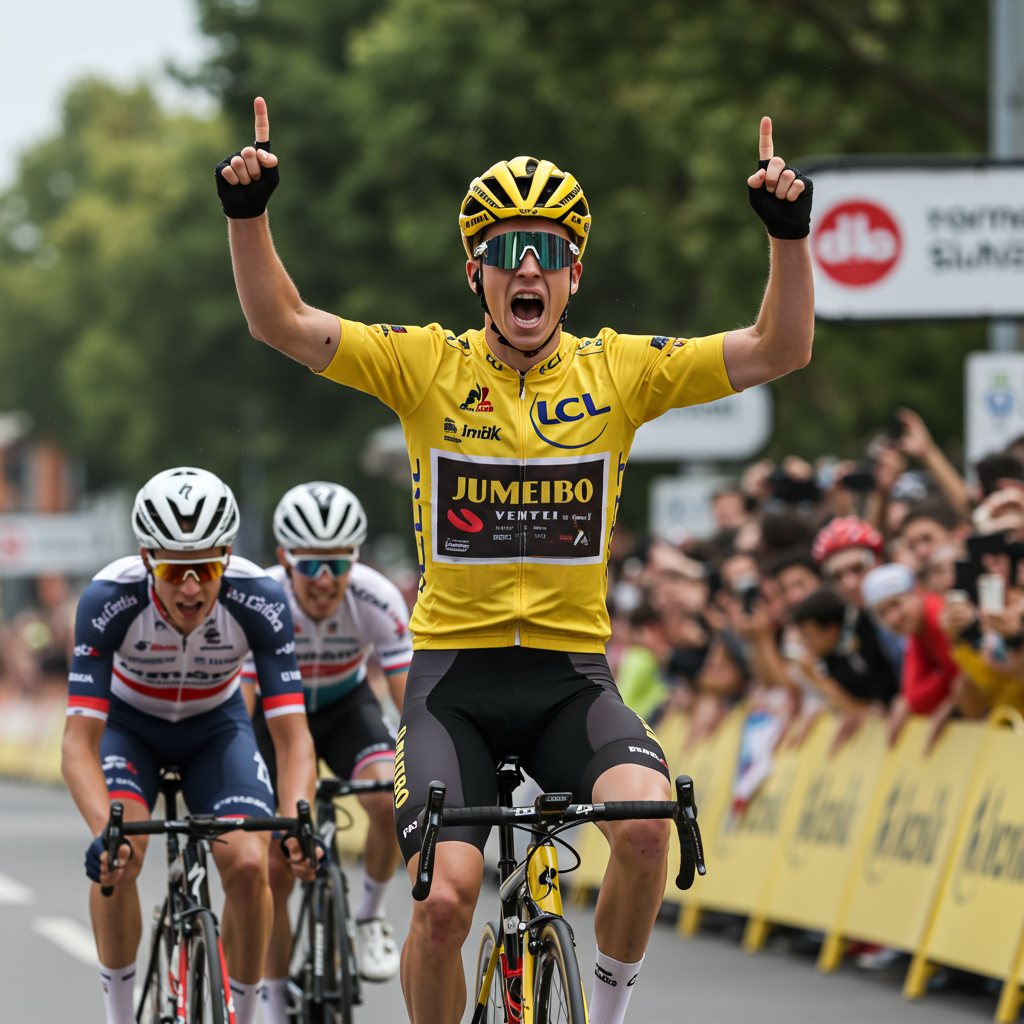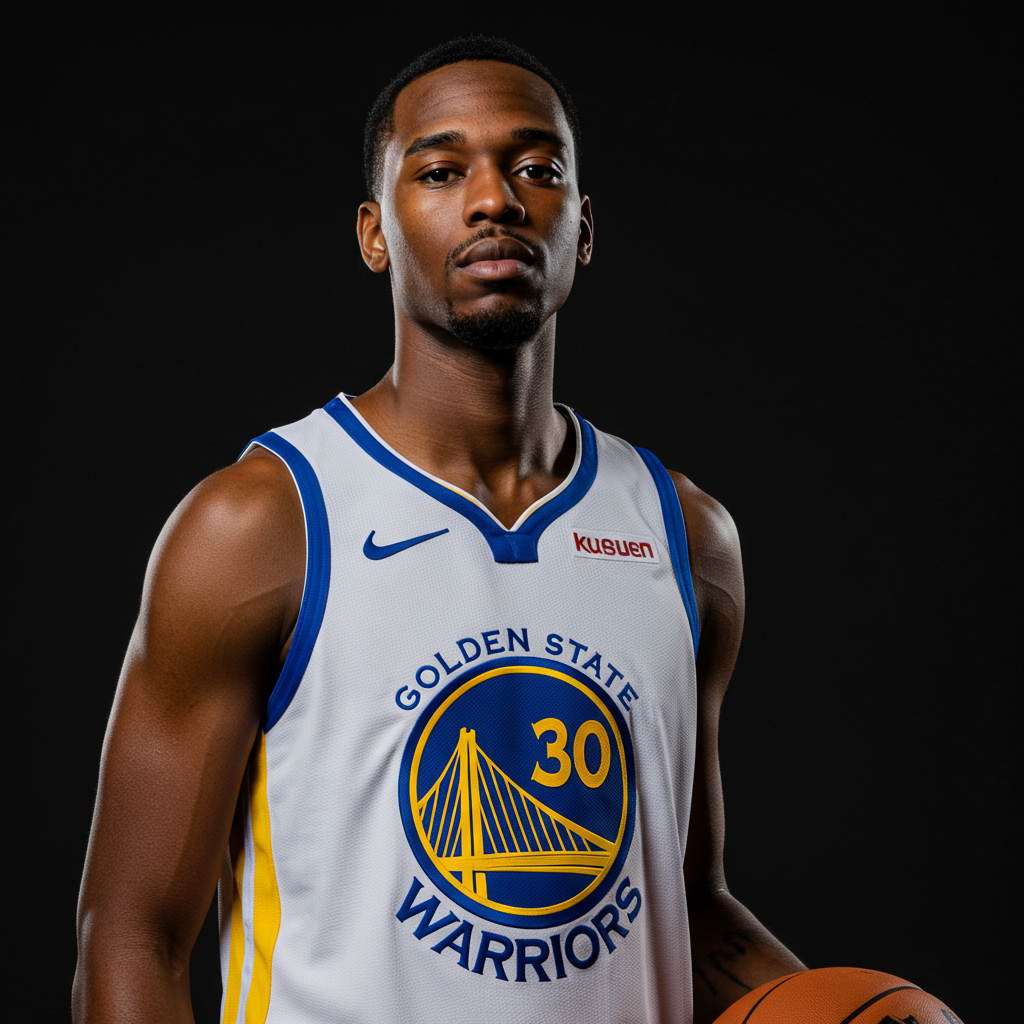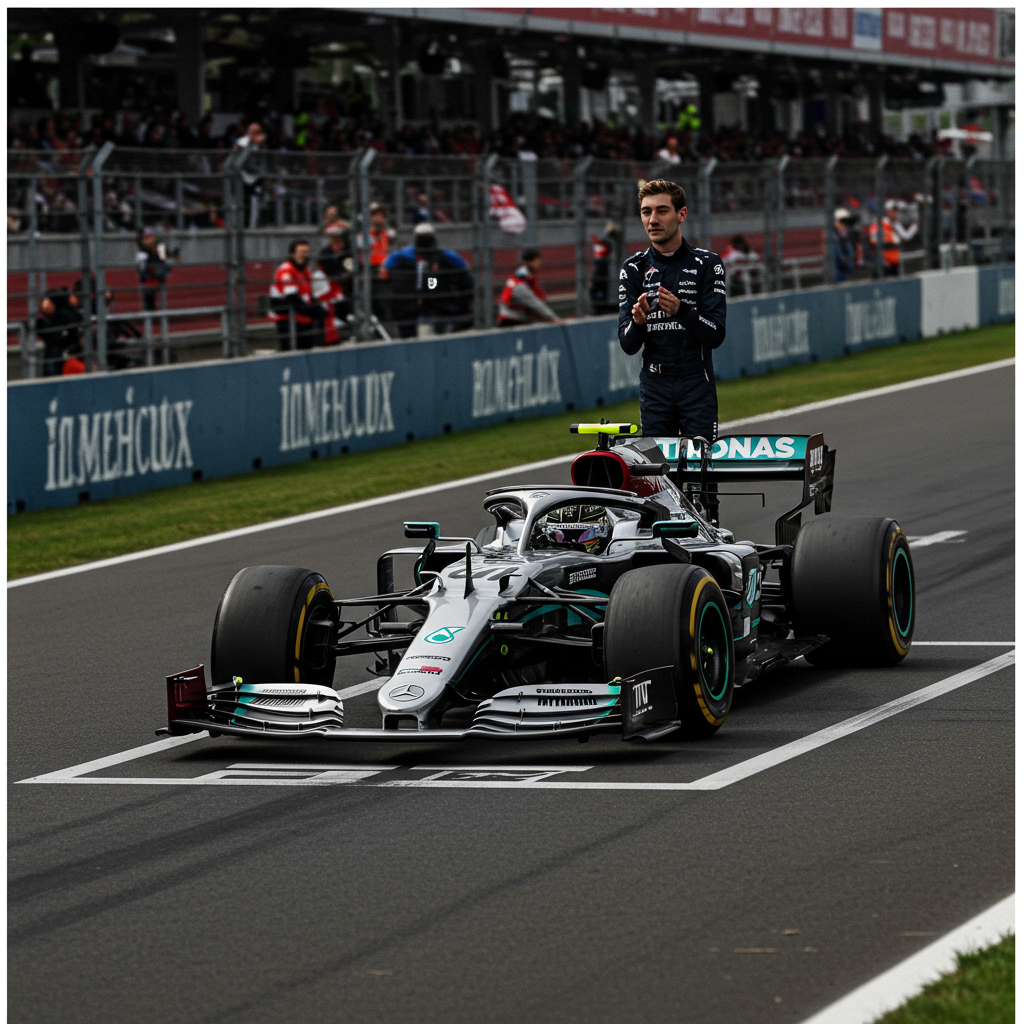The NBA Finals are underway, showcasing what many see as the future of basketball – a game defined by depth, adaptability, and strategic flow. Yet, the intensity of the series finds itself competing for attention with another major narrative: the swirling trade rumors surrounding one of the league’s brightest stars, Kevin Durant. It’s a situation heavy with irony, particularly for a player who has often championed the purity of the game itself above all the surrounding noise.
One can almost picture Durant, arguably the greatest offensive talent of his generation, sifting through the constant chatter on his phone, letting out a frustrated sigh amidst a Finals that highlights exactly the kind of fluid, team-oriented basketball he sought when he first joined Golden State nearly a decade ago. That his potential next move is now the primary distraction from such a display is a striking paradox.
Durant has spent a significant portion of the last ten years not only dominating on the court but also navigating and engaging with the complex, often dramatic landscape of the modern NBA fan base online. He understands the appetite for intrigue, having defended crucial career decisions, like leaving Oklahoma City, both publicly and privately. This unique position – a hoops titan who also engages as a self-aware, sometimes provocative social media figure – makes him both celebrated and criticized. As his career approaches its final chapter, his next destination holds significant weight, potentially shaping a new championship contender.
The Phoenix Suns’ Complex Situation
Much of the current speculation stems from the Phoenix Suns’ challenging position. Despite boasting immense star power in Durant, Devin Booker, and Bradley Beal, the team significantly underperformed, struggling with a lack of depth, inconsistent flow, and defensive apathy. Their “Big Three” minutes together were limited and statistically negative, failing to demonstrate championship contention.
Under the new Collective Bargaining Agreement (CBA), building a top-heavy roster with historic payroll costs, as the Suns have done, presents severe challenges. The team lacks financial flexibility and, critically, assets. They possess few draft picks and are heavily restricted by the second salary apron, limiting their ability to aggregate salaries or take back more money in trades. This asset-poor reality makes improving the roster around the stars incredibly difficult. Suns owner Mat Ishbia has reportedly taken a swift, “microwave” approach to team building, but sources indicate even his camp is now reportedly lowering the asking price for Durant as they face the financial and performance realities. Keeping a player nearing 37 with recent injury history (averaging less than 55 games/season over the last decade) on a looming, expensive extension ($120M+) becomes a risky proposition for a team needing a fundamental reset.
Why Houston Emerges as a Potential “Clean Fit”
While Durant has reportedly expressed interest in teams like the Miami Heat and San Antonio Spurs, the Houston Rockets consistently surface as a highly plausible destination, largely due to their strategic positioning and assets. Despite their general manager Rafael Stone’s long-term, development-focused approach, the Rockets possess key components necessary for a trade of this magnitude.
Crucially, Houston maintains a healthy cap sheet and boasts an abundance of young talent and future draft capital. Among these assets are the unprotected 2025 and 2027 first-round picks originally traded to them by the Phoenix Suns. This gives Houston immense leverage in any negotiation involving Durant.
Beyond assets, a strategic fit exists. Championship teams often make consolidating trades for the missing piece – think the Bucks trading for Jrue Holiday or the Nuggets for Aaron Gordon. Houston’s most glaring weakness among playoff contenders was a reliable, efficient fourth-quarter scorer. Durant, whose offensive consistency in his late 30s is remarkable (“refinement of his decline,” pushing the age cliff like few others save LeBron James), could perfectly address this void. Surrounded by Houston’s young core, he could be insulated defensively while focusing on his devastating scoring prowess from anywhere on the court. From one analyst’s perspective, staying with a Western Conference team like the Suns would be a “foolish” move for Durant at this stage, further highlighting the potential logic of a move to a rising team like Houston.
Player Empowerment Has Its Limits
While player empowerment has shifted the NBA landscape, it’s not absolute. Players like Damian Lillard and Jimmy Butler didn’t land in their initially preferred destinations. Ultimately, trades often hinge less on player preference and more on organizational urgency, cap sheet flexibility, and available assets. While Durant is undeniably a superstar, finding a team with the necessary assets and willingness to pay the price for a player approaching 37 who has averaged fewer than 55 games over the last decade is challenging, despite his undeniable top-10 level performance when healthy.
For Durant, this potential move feels different. It’s less about building a team around him or managing superstar egos. It’s a more transactional act, potentially joining a team purely as a “hired gun.” In this late stage, he might seek a situation where he can simply “hoop in a vacuum,” unbothered, contributing his unique offensive genius to an existing structure – a form of basketball “Nomadland.”
Perhaps Durant’s final act will be about finding that “flow” again, similar to his time in Golden State, but with the freedom of detachment. He could serve as the finishing touch on someone else’s masterpiece, elevating a contender by simply playing to his standard. As he continues his journey, navigating the subjective interpretation of greatness and dominance on and off the court, this final move could provide a meaningful, albeit ironically overshadowed, conclusion to his legendary career.



